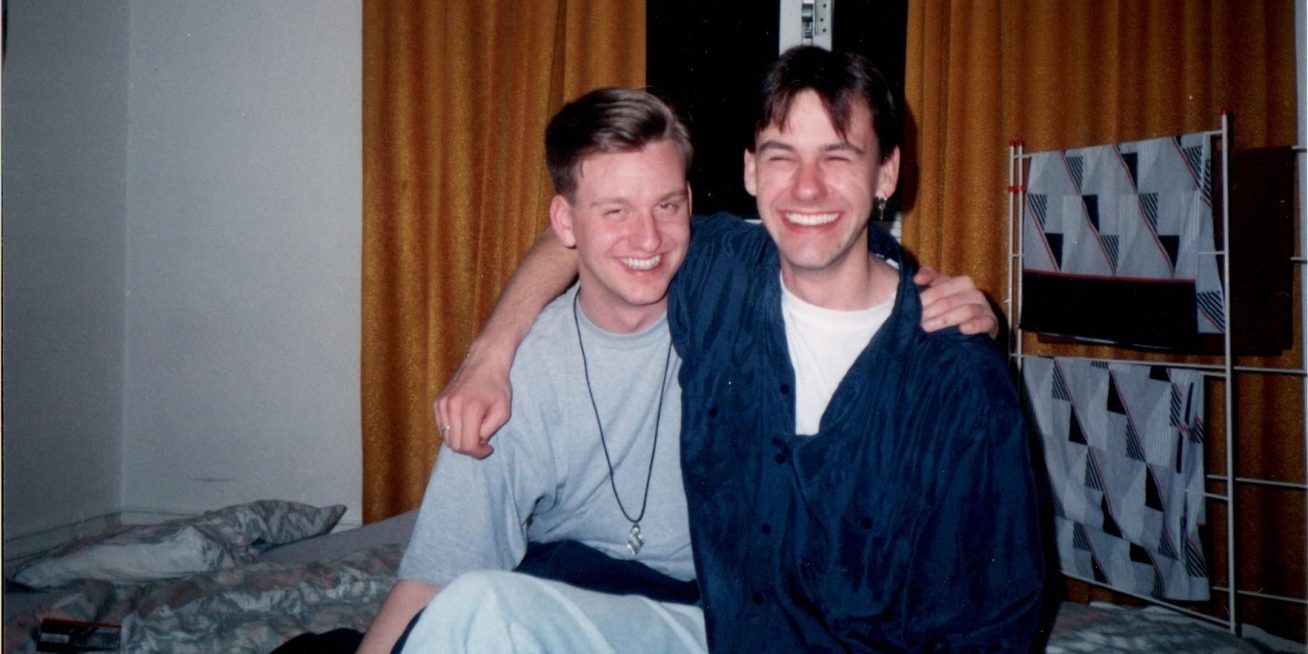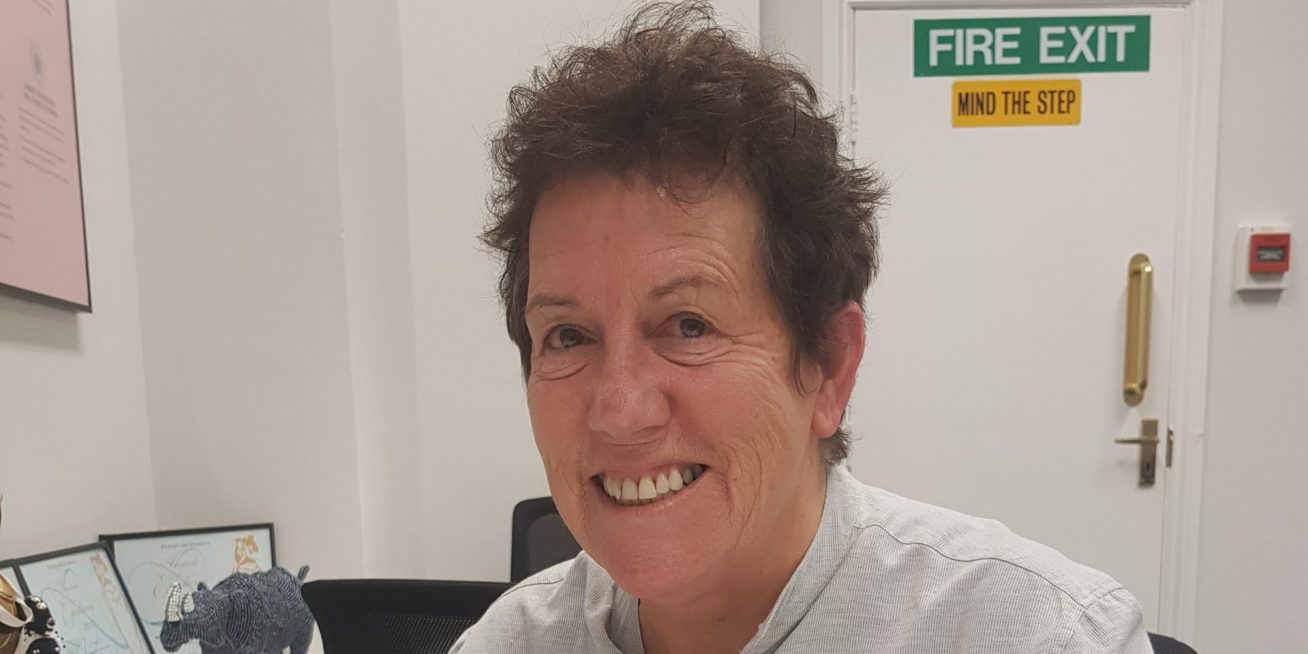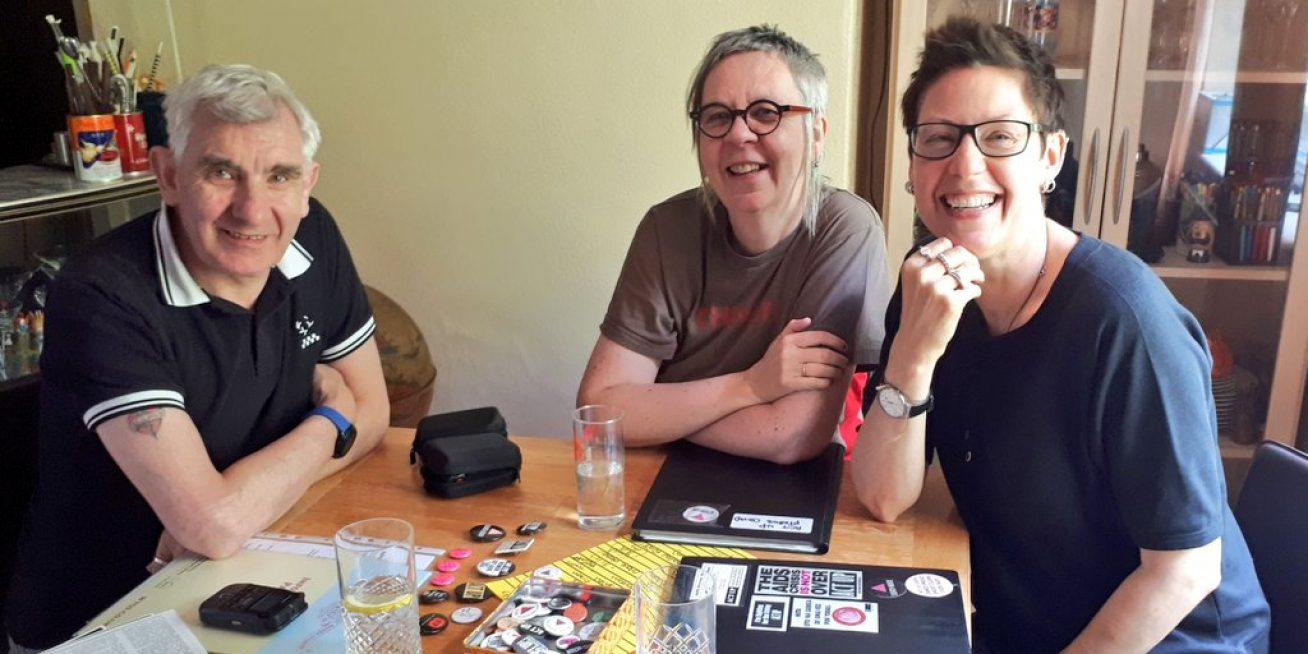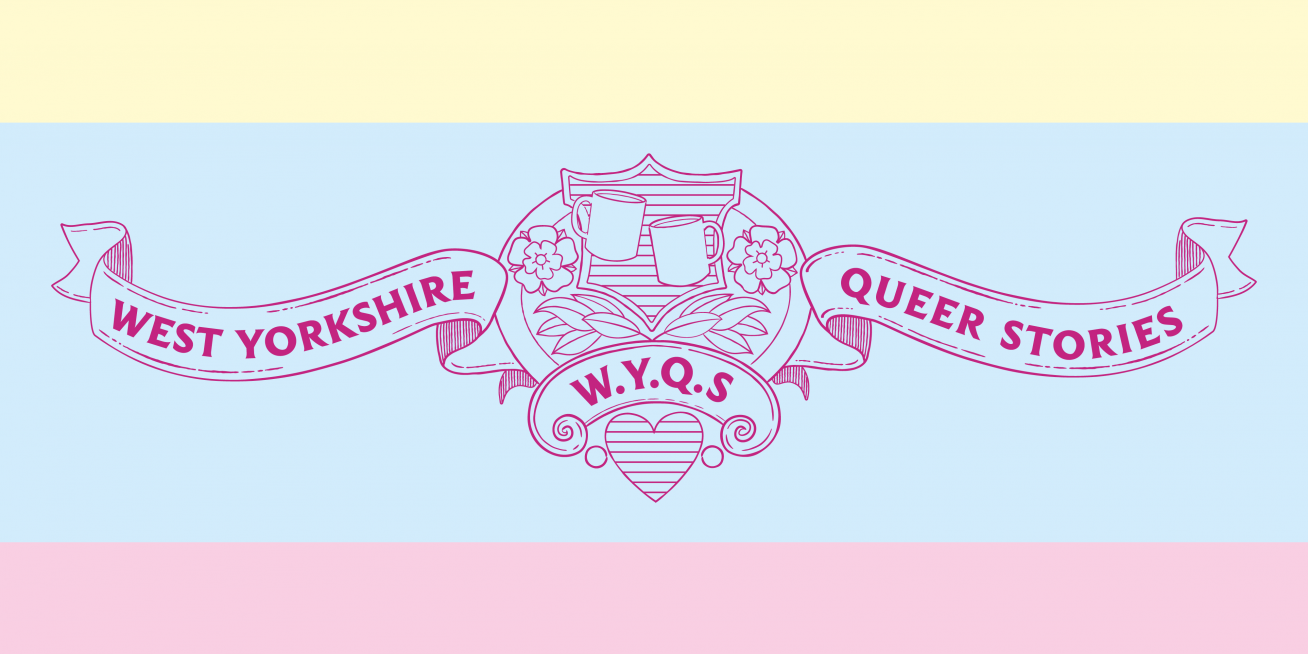Thirty years of World AIDS Day
In a speech written to mark World AIDS Day 2018 in Leeds, John Roe looks back on how life has changed since his own HIV diagnosis in 1988.
TRANSCRIPT
Thirty years of World AIDS Day.Over those 30 years, the situation around HIV and AIDS has improved dramatically. That improvement has helped me to live to the ripe old age of… I have a confession to make. Not easy. But here goes. Despite what it may say on certain websites I am actually 63 years old. Reaching this age is a shock to me. I never expected having to think about pensions and the effects of aging on my body, how bits are heading south, hair is thinning on top. It's starting to grow in my ears. And how my senses are becoming dulled. Are there any plus points reaching my age? Well, the NHS run a bowel screening service for the over-60s where you send them samples to them in the post. So now I can legally send my poo through the post. And they say that, with age, comes wisdom… if you can remember it.
I was diagnosed as HIV positive on the third of November, 1988, just 27 days before the first World AIDS Day. Kylie was top of the charts that year with “I Should Be So Lucky”... Yeah, right. An HIV diagnosis back then meant a likely death, because there was little knowledge of how to treat the virus, and the effective medication cocktails didn't appear until 1995, seven years later. People were dying around me. Constantly getting the black tie out to go to another funeral. And the funerals could be terrible. The partner of the deceased had few rights, unlike today, and could be shunned by the rest of the family and kicked out of the shared home with little or no chance of retrieving their belongings.
In the same year, 1988, Clause 28 was introduced by the government. It banned the promotion of homosexuality in schools and local authorities. It must have been so isolating for pupils and students who were not heterosexual, as teachers couldn't even discuss the possibility of same sex relationships. Alongside the introduction of the clause was the rise in homophobia and hostile coverage in the press of the HIV AIDS crisis. The clause was only repealed 15 years later in 2003. And, over in Manchester back then, the police chief was James Anderton, a homophobe who resurrected a Victorian law to charge people with ‘licentious dancing’. It simply meant two men dancing together could be prosecuted. And there were lots of raids on gay venues where the police put on rubber gloves before barging in. There were calls for his resignation but Margaret Thatcher blocked a public inquiry and the Sun newspaper wholeheartedly backed him. I wasn't happy back then.
In 1988 there was little obvious encouragement to be gay. Hardly any role models to look up to. Little information. And the Internet was still in its infancy and full of misinformation and bias against being gay. You might say it still is. Despite the homophobia and stigma and all the negative headlines in the press saying that we were victims – but not innocent ones – the LGBT+ community started to fight back against the slow-moving NHS and homophobic politicians.
Now, if you want to hear and see someone who was really angry at that time, go onto YouTube and look for a video by Vito Russo. Blimey, was he unhappy. But with good reason. Angry at the politicians, angry at the health providers, and angry at the lack of funding for HIV AIDS research. He said he wanted to be living with AIDS, not dying from it. He lived in New York where the LGBT community was being decimated by the virus, with thousands dying each year. He died three years later in 1991. Over here, we were cooperating with doctors to try to enable the fast-track of new drugs to fight the disease, and helping to change the doctor-patient relationship to one of mutual respect.
Things have evolved and we are no longer in a crisis. So I'm a bit happier. But the situation could be described as fragile. If something happens to stop the HIV drugs being made or supplied, I will die, along with thousands of others. And politicians are still coming out with ignorance and homophobic comments. Stigma is still around.
Back to 1988, a big year for me, and the birth of my nephew. I was diagnosed a fortnight before he was born. I clearly remember sitting in my car in the hospital car park waiting to go in and see the new baby and proud parents. In the car, I was quietly crying. The tears were rolling down my face, as I was thinking that a new life had just come into the world while I should be preparing to leave it. But, 30 years on, funerals are few and far between. The pills do work. The doctors know how to treat us. It's not a death sentence to get a positive diagnosis. But there are still the newly-diagnosed coming to Skyline who are quietly crying, and in need of the wonderful resource and support that is Skyline and its staff.







